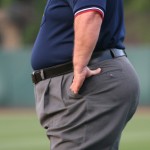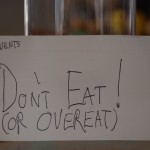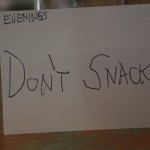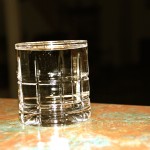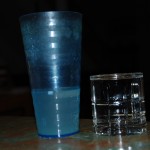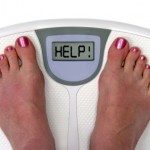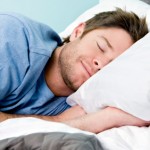Most of my posts are written for those of us who are of normal weight and want to stay there or those who are overweight and would like to lose a few pounds or twenty or forty. As of this morning, for example, I'm twenty-four pounds under my May 2009 peak and sixty-five under my obese 1970 lifetime maximum.
It's the holiday season with Thanksgiving and Hanukkah and Christmas thrown in to a jumble of other parties, gourmet club dinners, symphony events and theatre events. I'm at my upper limit of 153 pounds and have to really watch carefully to avoid all the temptations.
Many of you are in the same mode, I bet, but overall doing okay with your weight.
Then there's an entirely different group. I saw an article on Lap-Band surgery for those people who are obese and haven't managed with diets, counselling, support groups and perhaps even medication to lose the pounds they desperately need to shed.
Now I'm an Internal Medicine doc and a retired one at that, so I looked at the Mayo Clinic website, an Australian website, one for a nearby hospital and MedlinePlus, an online information source sponsored by the NIH and the National Library of Medicine. I wanted to know more about this surgical strategy for the obese.
First off it's not cheap with prices varying from $13,000 to $25,000 in the United States. Some people go south to Mexico where the prices are lower, but I wouldn't be likely to do that if I were seeking out this procedure.
It's done under general anesthesia using a laparoscopic approach. That means several small incisions are made in the abdominal wall and a small camera in inserted to allow the surgeon to see what he or she is doing. A band is then positioned around the stomach so that the upper portion of that organ forms a small pouch with a narrow opening to the rest of the stomach.
It doesn't require internal staples or cutting and, if the surgeon is experienced may take only 30 to 60 minutes. The 2,700-person Australian series I read about reported no deaths.
Lap-Band surgery has been restricted to the very obese with a Body Mass Index over 40 (mine is 20.5), or the fairly obese who have complicating diseases such as diabetes, heart disease or sleep apnea.
But, after the surgery people have to stick to a diet and should exercise. Plus there are complications with half the patients in one large series reporting nausea and vomiting, a third having reflux, a quarter of the bands slipping and requiring repositioning and perhaps 10% experiencing some blockage near the band.
The band is adjustable; the physician can tighten or loosen the stricture by adding or removing saline.
And this is the least invasive surgery for severe obesity. I also read where some proponents (and the company that makes the device) want to loosen restrictions on its use. They'd like it to be approved for use in people with a BMI over 35 or over 30 with complicating diseases. That would include over 25 million Americans.
I'll certainly stay out of that debate and stick to my diet and exercise concepts.

